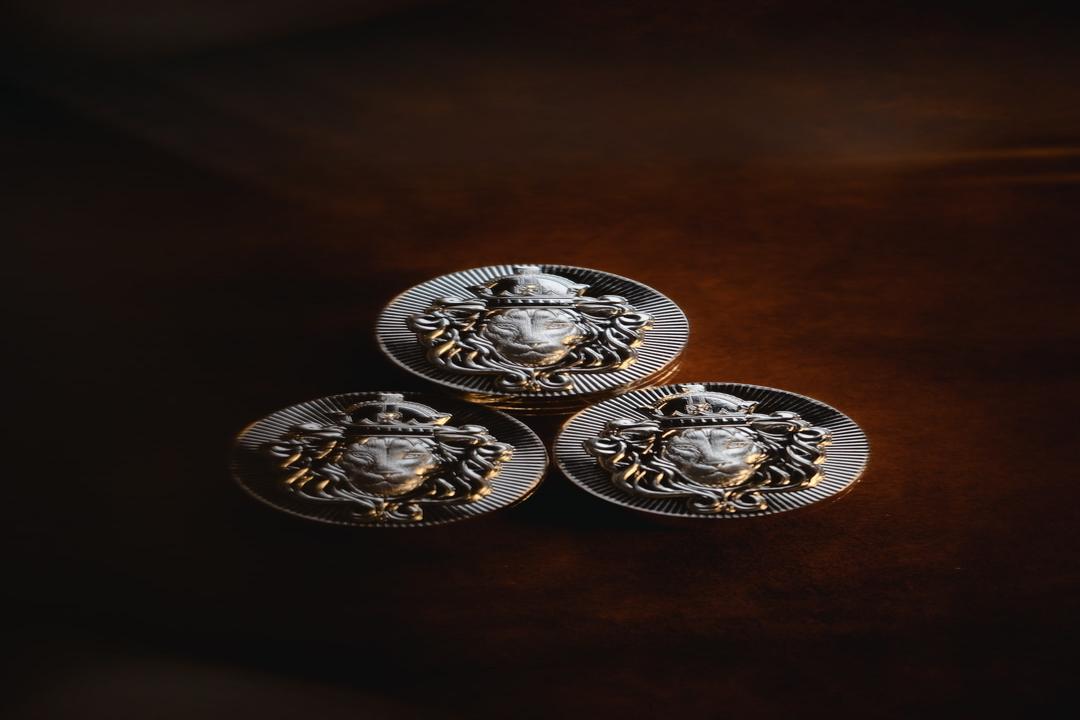Economist Peter Schiff has criticized the proposed Bitcoin reserve plan put forward by former U.S. President Donald Trump if he is re-elected, warning that it could have negative effects on the U.S. economy.
In his critique, Schiff expressed concerns about promoting BTC as a primary investment tool. He argued that if the U.S. government were to create a Bitcoin reserve and purchase 1 million BTC, it could potentially buy even more. This initial purchase would drive Bitcoin prices to new heights, resulting in significant profits for early investors.
However, Schiff pointed out that this price surge could lead investors to sell their BTC for profits, rapidly depleting the government’s BTC assets. To stabilize prices, he suggested that the government might resort to printing more dollars, which he deemed unsustainable.
On the political front, plans for Bitcoin reserves in Congress gained support with Senator Cynthia Lummis introducing a related bill. Trump’s endorsement of Bitcoin further fueled optimism in the sector. Countries like Bhutan have also increased their Bitcoin reserves, surpassing $1 billion.
While some industry leaders back the BTC reserve plan, Schiff remains steadfast in his support for gold. He emphasized that gold has a more stable position as a precious metal and has stood the test of time.
At present, Bitcoin’s price has reached a new all-time high of $87,300, experiencing a 10% increase within 24 hours. The Bitcoin reserve proposals continue to spark discussions in economic and political circles, highlighting differing opinions and strategies.
Please note that the information provided in this article should not be considered investment advice. Investors should be aware of the high volatility and risks associated with cryptocurrencies and should conduct their own research.

